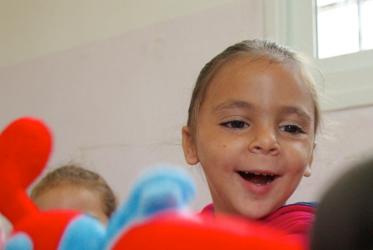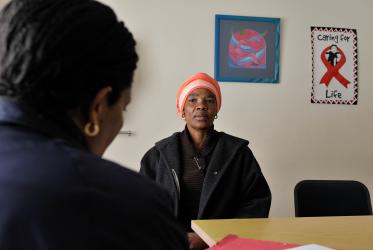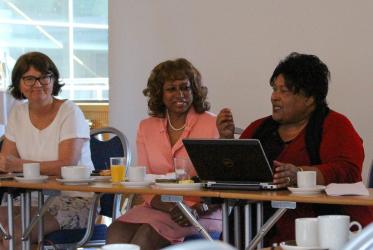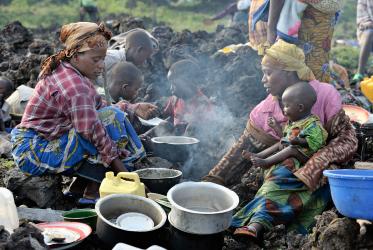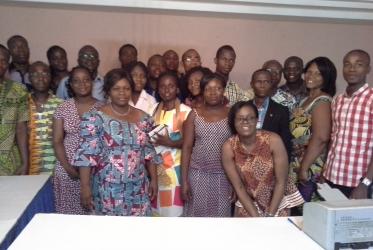Displaying 201 - 220 of 249
05 July 2016
Local work by faith-based groups key to ending AIDS
27 June 2016
Tveit in South Africa: “ We know. We dare. We can.”
12 June 2016
Winners of WCC photo contest announced
09 May 2016
Voices of faith speaking to voices of fear
03 February 2016

